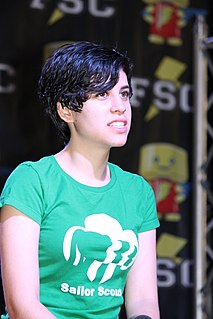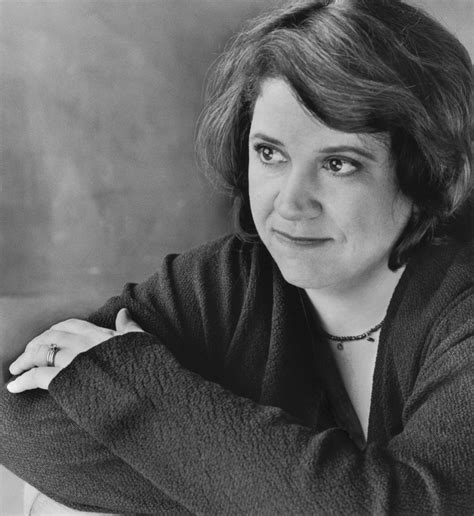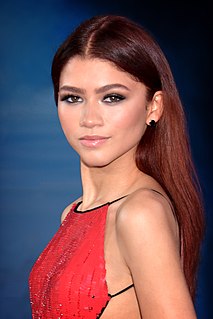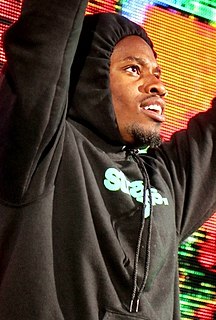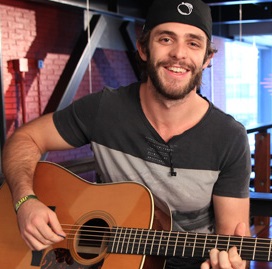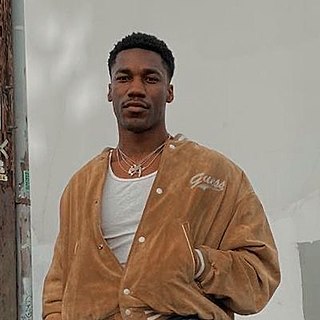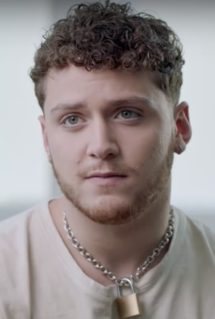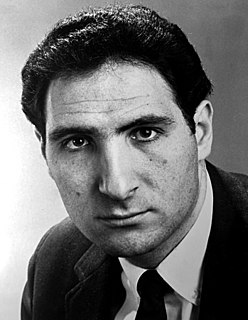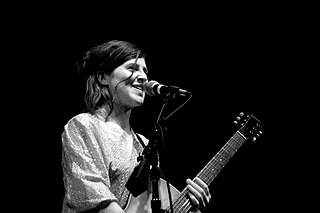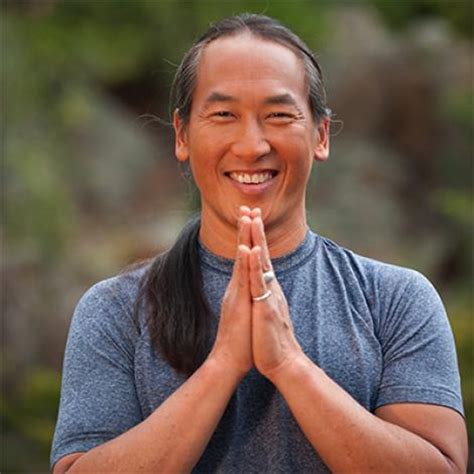A Quote by Jane Lynch
When you raise your voice in song to express what's going on deep inside of you, I think people just react to that because it's so truthful. It's so raw.
Related Quotes
You wake up and you feel - what? Heaviness, an ache inside, a weight, yes. A soft crumpling of the flesh. A feeling like all the surfaces inside you have been rubbed raw. A voice in your head - no, not voices, not like hearing voices, nothing that crazy, just your own inner voice, the one that says 'Turn left at the corner' or 'Don't forget to stop at the post office,' only now it's saying, 'I hate myself.' It's saying, 'I want to die.'
It's so different going in the studio and singing your own music and you don't really think about making sure that the message of the song or the idea behind the song comes across to people. Because it's in your head, it's in your heart, whatever, but it's... different when you're playing a character and you're singing as the character. There's just a lot more involved in that, I guess.
I was not going to be an actor. I was an engineer in physics. That's what I did: I graduated with a physics degree, and I had become a little bit distressed that I'd have to work for somebody - anybody! And I thought, "I'm not going to make a mark on anything. If I can't express myself, then I don't know what the heck I'm going to do with this life." I think it was just one of those germs that said, "No, no, no, you've got to say things. You've got to tell people things. You've got to express your opinion in this life, because that's how you started."
I think in the end there is one ultimate goal with all my careers, and that is, as a performing artist, you want to explore the deepest, most truthful way to express a point of view, or whatever the character is thinking, or whatever emotion you're trying to convey. I think with the different media it's just about what muscles you use to express that.
In The Deep End, you have a woman who looks like a J. Crew mother who can manage it all. Then we begin to realize what's going on inside. Every time I see one of those women stuck at a stoplight with the children in the back of her car, I sort of think, "What have you just done? What's going on in your life?".
Become better listeners. Practice the art of listening in everything you do. Not just listening to yourself and your body, but listening to the people around you, listening to the plant world, the animal world. Really open your ears to what's coming at you. From there, see if you can have the ability to respond instead of react. And that usually comes with listening. If the observation and the listening are deep, then your action will be deep also.

